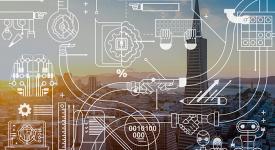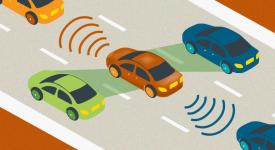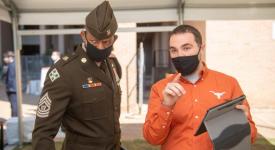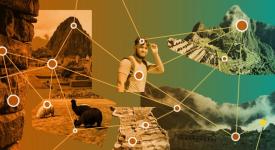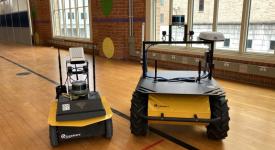Computer Science Researcher Aims to Automate Software Development

03/23/2022 - Isil Dillig is an associate professor of computer science who works to improve the security and reliability of software systems and automatically generate programs from high-level specifications. She received a Sloan Research Fellowship and an NSF CAREER award. Could you describe your main research interests?





